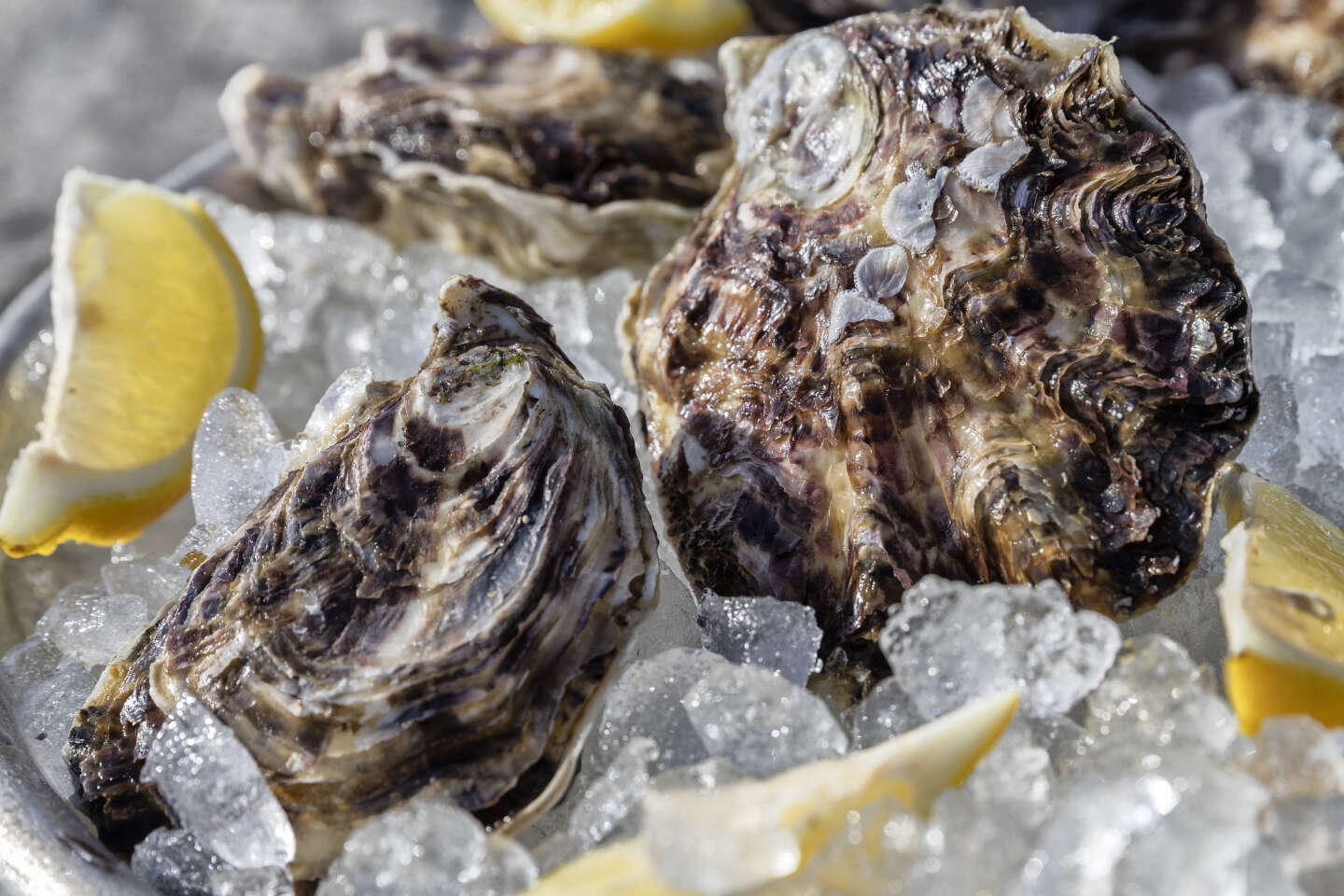
A few days before New Year’s Eve, this comes at a bad time. Thereafter, the sale of oysters from the Arcachon Basin was temporarily banned “several cases of collective food poisoning”announced the prefecture of Gironde in a press release published on Wednesday, December 27, in the evening. “The symptoms are consistent with those of acute gastroenteritis and no serious cases have been reported to date.”authorities said.
Traceability studies are ongoing, but several reports already indicate that oysters come from the Arcachon basin “are in question”Analyzes of locally farmed oysters have confirmed the presence of “Norovirus”.
In consultation with health organizations, the prefecture has therefore temporarily banned the fishing, harvesting and marketing of all shellfish intended for human consumption from the Arcachon basin, including the Banc d’Arguin.
“Starting today, lots of shellfish harvested or fished in these areas must be removed from sale. People who have shellfish from these areas are asked not to consume them and to return them to the point of purchase.says the prefectural press release.
The profession asks itself: “Who pays the bill?”
This measure is repealed “as soon as the health quality of the shellfish is fully satisfactory again”Oyster farmers are particularly affected, whose production was supposed to grace many tables on Sunday evening, on New Year’s Eve on December 31st.
The profession says “Victims of the overload of the sewage and rainwater networks”, what creates “overflows into the natural environment,” According to a press release from the Arcachon Aquitaine Regional Shellfish Farming Committee (CRCAA), production areas are becoming contaminated. “Two months after the storms that destroyed several hectares of oyster farms in the Banc d’Arguin”fear professionals “An unprecedented economic crisis” and ask “Who will pay the bill?”.
Oyster production in the area in question is about 8,000 tons per year, or 10% of national production, according to the latest available figures from CRCAA and Agreste (Agricultural Statistics).





